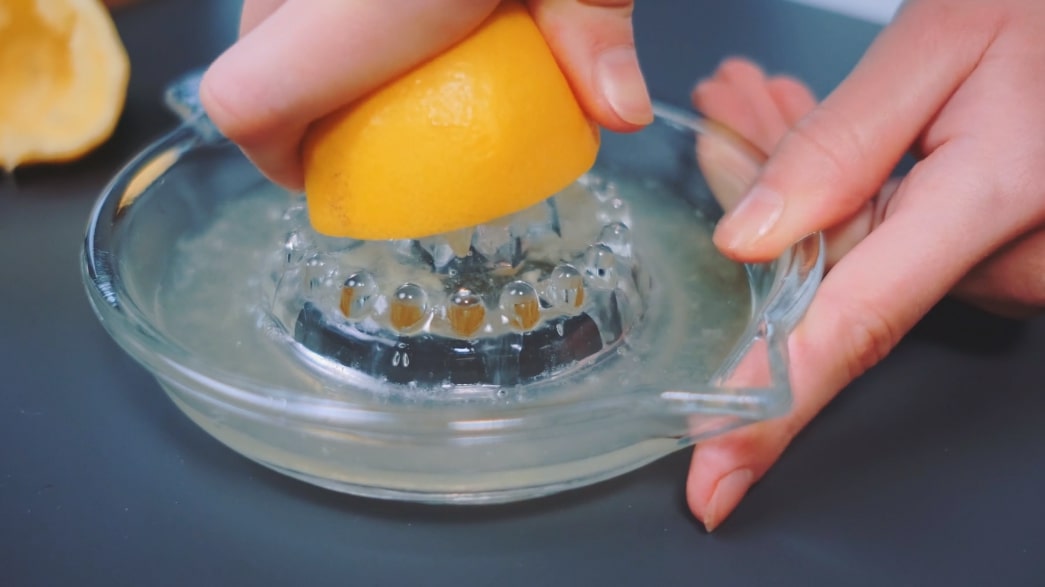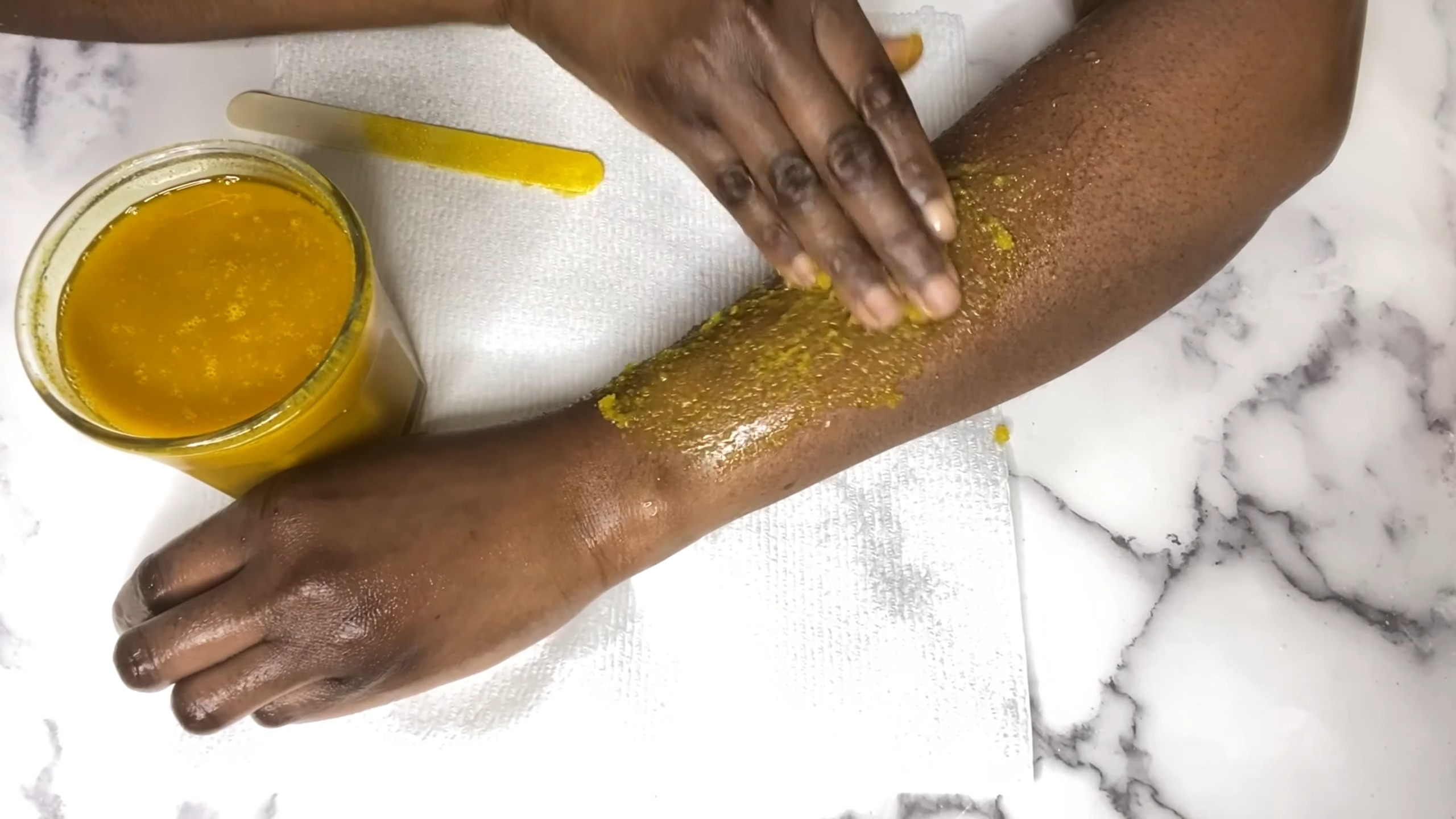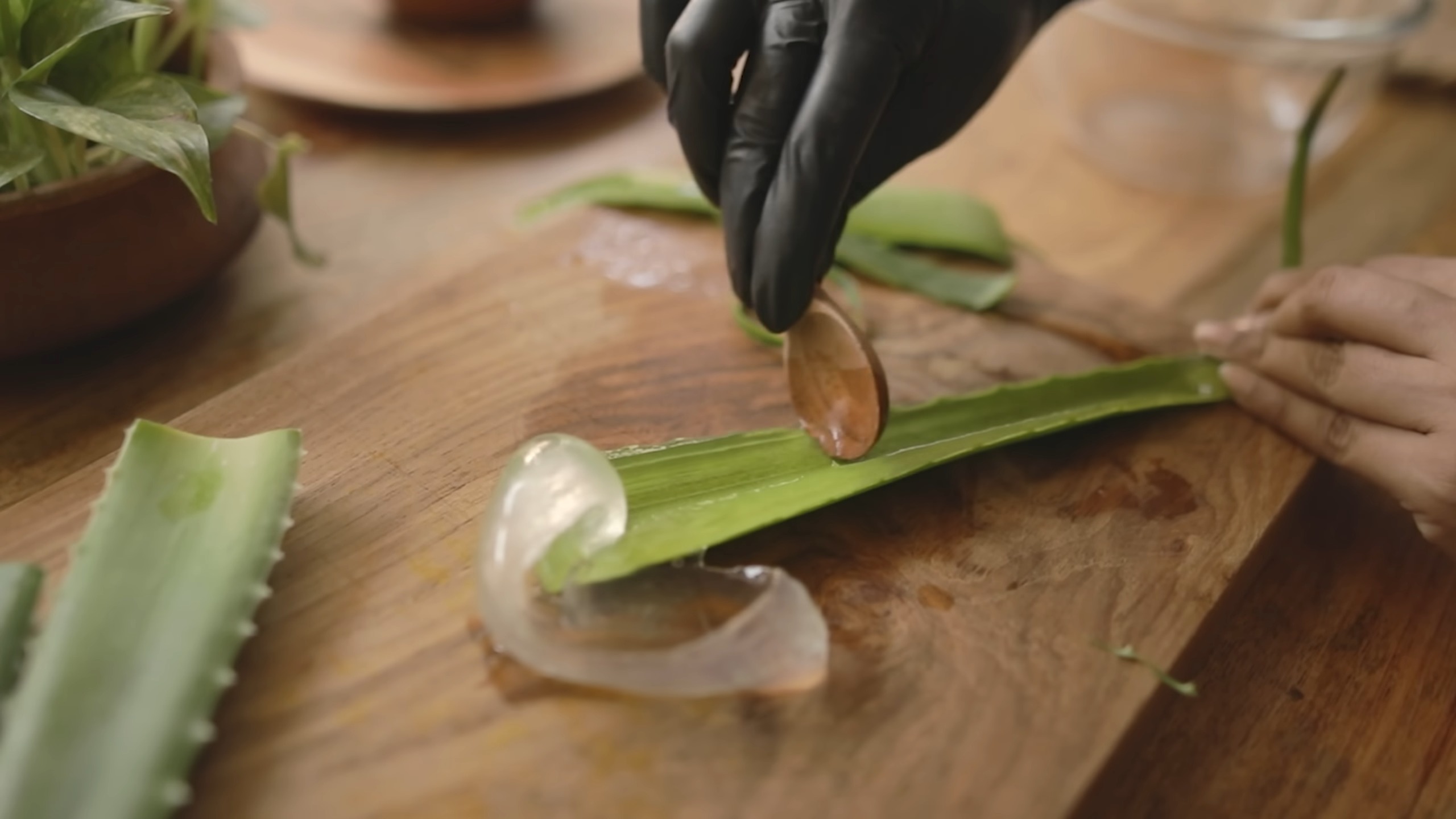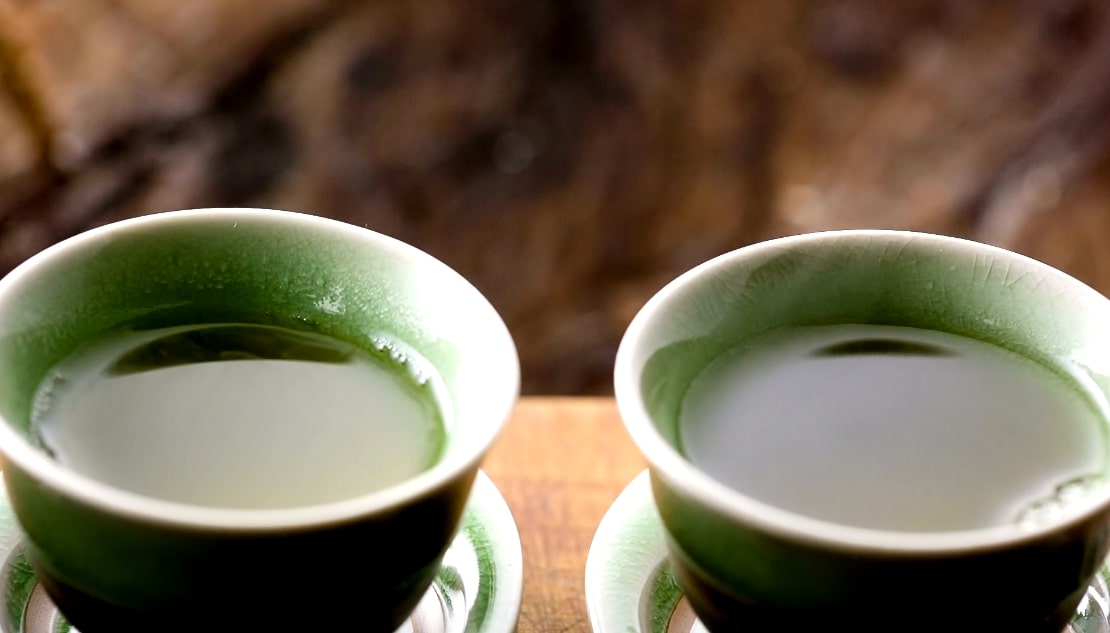Skin health is a crucial aspect of overall well-being, and many individuals strive for a glowing complexion. Natural remedies, such as lemons, can play a significant role in achieving healthy and radiant skin. Lemons are packed with beneficial nutrients and compounds that offer a range of skincare benefits.
So, what exactly makes lemons beneficial for skin health? Lemons are rich in vitamin C, which is known for its antioxidant properties that help protect the skin from damage caused by free radicals. The citric acid in lemons can help exfoliate the skin, removing dead skin cells and promoting a smoother complexion. Lemons have natural astringent properties that can help tighten pores and control oil production, making them useful for individuals with oily or acne-prone skin.
Incorporating lemons into your skincare routine is relatively simple and can yield noticeable results. Lemon juice can be used as a facial toner to balance the skin’s pH levels and minimize the appearance of blemishes. A lemon and honey face mask can soothe and moisturize the skin, while a lemon and sugar scrub can gently exfoliate and brighten the complexion.
Drinking lemon water is another way to support skin health. Hydrating the body with lemon-infused water can help flush out toxins and improve digestion, which can indirectly improve the skin’s appearance. Lemon water is also rich in vitamin C, providing an additional boost for the skin’s health and vitality.
While lemons offer many benefits for the skin, there are some precautions and risks to keep in mind. Lemon juice can cause potential irritation and allergic reactions, so it is essential to perform a patch test and dilute the juice before applying it to the skin. The citric acid in lemons can also increase photosensitivity, making the skin more prone to sunburn. It is crucial to protect the skin with sunscreen and avoid sun exposure after using lemon-based skincare products.
In addition to lemons, several other natural remedies can contribute to a glowing complexion. Aloe vera is known for its soothing and moisturizing properties, honey has antimicrobial and healing properties, and green tea is rich in antioxidants that can protect the skin from damage.
Page Contents
- 1 The Importance of Skin Health
- 2 How to Incorporate Lemons in Your Skincare Routine
- 3 Lemon Water for Skin Health
- 4 Precautions and Risks for Using Lemons on Skin
- 5 Other Natural Remedies for a Glowing Complexion
- 6 Some Facts About Skin Health and Lemons: Natural Remedies for a Glowing Complexion:
- 7 Frequently Asked Questions
- 7.1 1. How can lemons benefit the skin?
- 7.2 2. Can lemons help with acne?
- 7.3 3. How can I use lemons for problematic skin?
- 7.4 4. Can lemon juice lighten skin spots?
- 7.5 5. Are there any risks or side effects of using lemon juice on the skin?
- 7.6 6. Are there alternative ways to reap the skin benefits of lemons?
The Importance of Skin Health
It cannot be overstated how essential The Importance of Skin Health is. Your skin, being the largest organ of your body, plays a crucial role in protecting you from external factors such as harmful UV rays, bacteria, and environmental pollutants.
Maintaining healthy skin is vital for several reasons:
- Protection: Healthy skin acts as a barrier, preventing harmful substances from entering your body and keeping essential nutrients and moisture locked in.
- Hydration: Well-hydrated skin is essential for maintaining its elasticity and preventing dryness, which can lead to wrinkles and other signs of aging.
- Immunity: Skin health is closely linked to your immune system. A well-functioning skin barrier helps defend against infections and diseases.
- Self-confidence: Having healthy skin can boost your self-esteem and overall well-being, as it is often associated with beauty and youthfulness.
- Preventing skin conditions: By taking care of your skin and maintaining its health, you can reduce the risk of developing common skin conditions such as acne, eczema, and psoriasis.
- Early detection of issues: Regularly monitoring the condition of your skin can help identify any potential issues, such as skin cancer, at an early stage, increasing the chances of successful treatment.
Prioritizing skin health is crucial for maintaining your overall well-being and quality of life. By adopting healthy skincare habits, such as cleansing, moisturizing, protecting from sun damage, and seeking professional advice when needed, you can cultivate radiant and healthy skin.
What Makes Lemons Beneficial for Skin Health?

Lemons are incredibly beneficial for skin health due to their high vitamin C content, natural acidity, and antioxidant properties.
1. Vitamin C: Lemons are packed with vitamin C, which plays a crucial role in collagen synthesis. Collagen is a protein that helps maintain the skin’s elasticity and firmness, promoting a youthful appearance. Vitamin C helps protect the skin against damage caused by free radicals, reducing the signs of aging and supporting overall skin health.
2. Natural acidity: The natural acidity of lemons makes them effective in balancing the skin’s pH levels. By maintaining a proper pH balance, lemons help prevent the growth of harmful bacteria and maintain a healthy skin barrier.
3. Antioxidant properties: Lemons contain antioxidants that help fight against oxidative stress and damage caused by environmental factors, such as pollution and UV radiation. These antioxidants help protect the skin from premature aging and promote a radiant complexion.
4. Skin brightening: The natural acids in lemons, such as citric acid, act as natural exfoliants, gently removing dead skin cells and promoting cell turnover. This leads to a brighter and more even skin tone, reducing the appearance of dark spots and hyperpigmentation.
It’s important to note that while lemons have many benefits for the skin, they can also have some side effects. The acidity of lemons can cause irritation or dryness, especially for those with sensitive skin. Therefore, it’s essential to dilute lemon juice before applying it to the skin and to perform a patch test before incorporating it into your skincare routine.
Pro-tip: To enhance the benefits of lemons for skin health, try combining freshly squeezed lemon juice with other natural ingredients like honey or yogurt for a nourishing face mask. Remember to always follow up with sunscreen, as lemons can increase photosensitivity.
What Makes Lemons Beneficial for Skin Health?
Lemons: the not-so-secret ingredient to transforming your skincare routine from a snooze-fest to a zest-fest!
How to Incorporate Lemons in Your Skincare Routine
Looking to achieve a glowing complexion naturally? Look no further than lemons! In this section, we’ll explore fascinating ways to incorporate lemons into your skincare routine. From using lemon juice as a facial toner to indulging in a refreshing lemon and honey face mask, we’ll discover the wonders that lemons can do for your skin. Prepare to be amazed as we uncover the secrets behind the lemon and sugar scrub for a radiant and healthy-looking complexion. Get ready to embrace the power of lemons in your daily skincare regimen!
Lemon Juice as a Facial Toner

Lemon juice as a facial toner is a great natural option to enhance the health and appearance of your skin. Follow these steps to incorporate lemon juice into your skincare routine:
- Start by squeezing half a lemon into a small bowl to obtain fresh lemon juice.
- Gently cleanse your face with a mild cleanser and pat it dry.
- Take a cotton ball or pad and dip it into the lemon juice, then gently apply it to your face, avoiding the eye area.
- Gently swipe the cotton ball over your face, focusing on areas prone to oiliness or acne.
- Leave the lemon juice on your face for approximately 5-10 minutes.
- Rinse your face with lukewarm water and gently pat it dry.
- To keep your skin hydrated, apply a moisturizer suitable for your skin type.
- For optimal results, repeat this process 2-3 times a week.
Lemon juice acts as an effective facial toner due to its natural astringent and exfoliating properties. It helps tighten pores, eliminate excess oil, and brighten the complexion. However, it’s important to consider the following precautions:
- Avoid using lemon juice on open wounds or cuts, as it may cause stinging sensation and irritation.
- Due to its acidic nature, lemon juice may cause dryness or irritation in individuals with sensitive skin. Conduct a patch test before applying it to your whole face.
- Remember that lemon juice increases the skin’s sensitivity to sunlight, so always apply sunscreen before going outdoors.
By incorporating lemon juice as a facial toner into your skincare routine, you can benefit from its natural properties and achieve a healthier, radiant complexion.
Give your face some sweet and sour lovin’ with a lemon and honey face mask that will leave your skin buzzing with happiness.
Lemon and Honey Face Mask
A lemon and honey face mask is a great addition to your skincare routine, offering numerous benefits. Lemons, with their high vitamin C content, help brighten the skin and reduce dark spots. Honey, on the other hand, moisturizes the skin and possesses antibacterial properties, making it excellent for acne-prone skin. By combining lemon and honey, you can effectively exfoliate dead skin cells and achieve a healthy, glowing complexion.
- Benefits of a lemon and honey face mask:
- Lemons are rich in vitamin C, which helps brighten the skin and reduce dark spots.
- Honey is moisturizing and contains antibacterial properties, making it great for acne-prone skin.
- Together, lemon and honey can help exfoliate dead skin cells and promote a healthy, glowing complexion.
- How to make a lemon and honey face mask:
- Combine the juice of half a lemon with 1 tablespoon of honey in a small bowl.
- Stir the mixture until well combined.
- Apply the lemon and honey face mask to clean, dry skin, avoiding the eye area.
- Leave the mask on for about 15-20 minutes.
- Gently rinse off the face mask with lukewarm water and pat your skin dry.
- Finish by applying your regular moisturizer.
When using a lemon and honey face mask, it’s important to note a few precautions:
- Avoid using this face mask if you have sensitive skin or any open wounds or cuts on your face.
- Perform a patch test before applying the lemon and honey face mask to your entire face to check for any adverse reactions.
- Limit your use of the lemon and honey face mask to 1-2 times a week to prevent over-exfoliation.
- Always moisturize your skin after using a face mask to keep it hydrated.
Incorporating a lemon and honey face mask into your skincare routine can greatly improve the appearance of your skin and give you a healthy, radiant glow. Give this lemon and honey face mask a try and witness the difference it can make for your complexion.
Exfoliate your way to smoother skin with a lemon and sugar scrub, because dullness shouldn’t be a part of your complexion’s repertoire.
Lemon and Sugar Scrub

To create a lemon and sugar scrub, follow these simple steps:
- Gather the ingredients: You will need half a lemon and one tablespoon of granulated sugar.
- Cut the lemon in half: Use a knife to cut the lemon in the middle to expose the juicy part.
- Squeeze the lemon: Hold one-half of the lemon and squeeze it to extract the juice. Make sure to remove any seeds.
- Add sugar: In a small bowl, pour the lemon juice and add one tablespoon of granulated sugar. Mix well until the sugar is fully dissolved.
- Apply the Lemon and Sugar Scrub to your skin: Gently rub the lemon and sugar mixture onto your face or any desired area of your skin. Use circular motions to massage it in, making sure to avoid the eye area. Leave it on for a few minutes to allow the sugar to exfoliate the skin.
- Rinse off: After a few minutes, rinse off the lemon and sugar scrub with lukewarm water. Pat your skin dry with a clean towel.
- Moisturize: Once your skin is dry, apply your favorite moisturizer to keep it hydrated and soft.
Using a lemon and sugar scrub can help exfoliate your skin, remove dead skin cells, and brighten your complexion. The sugar acts as a gentle exfoliant, while the lemon juice helps to clarify and brighten the skin. Remember to do a patch test before applying the scrub to your entire face to ensure that your skin doesn’t react negatively.
Incorporating this natural lemon and sugar scrub into your skincare routine can leave your skin feeling refreshed and rejuvenated. Enjoy the benefits of this simple and effective homemade scrub for a glowing complexion.
Lemon Water for Skin Health
Ready to discover the secret to radiant and glowing skin? In this section, we dive into the wonders of lemon water and its powerful effects on skin health. From exploring the numerous benefits it offers, to learning how to prepare this refreshing concoction, get ready to unlock the potential of lemon water for a complexion that truly shines. Say goodbye to dull skin and hello to a natural, vibrant glow – all thanks to the magic of an everyday citrus fruit.
Drinking Lemon Water: Benefits for Skin
Drinking lemon water offers several benefits for skin health. Incorporating this simple and natural remedy into your daily routine can help improve your complexion and promote overall skin well-being.
- Maintains hydration: Lemon water, known for its hydrating properties, helps to maintain elasticity and prevent dryness of the skin.
- Boosts collagen production: Lemons, rich in vitamin C, play a crucial role in collagen production. Collagen, a protein that supports skin structure, promotes firmness and reduces the appearance of fine lines and wrinkles.
- Enhances skin brightness: The citric acid in lemons acts as a natural exfoliant, effectively removing dead skin cells and revealing a brighter complexion. Drinking lemon water can contribute to a more radiant and glowing skin tone.
- Supports detoxification: Lemon water aids in the detoxification process by assisting in the flushing out of toxins from the body. This helps to promote clearer and healthier-looking skin.
- Provides antioxidant protection: Lemons contain antioxidants that neutralize free radicals, thus protecting the skin cells from damage. The presence of antioxidants contributes to a more youthful and vibrant skin appearance.
To reap the benefits of drinking lemon water for your skin, start your day by squeezing the juice of half a lemon into a glass of warm or room temperature water and drink it on an empty stomach. It’s important to note that while lemon water can be beneficial for many individuals, it may not be suitable for everyone. If you experience any discomfort or adverse effects, discontinue use and consult a healthcare professional.
In addition to drinking lemon water, consider incorporating other natural remedies like aloe vera, honey, and green tea into your skincare routine to further enhance your skin’s health and appearance.
How to Prepare Lemon Water
- When it comes to preparing lemon water, follow these easy steps:
- Start by washing a fresh lemon thoroughly to remove any dirt and bacteria.
- Cut the lemon in half and squeeze the juice into a glass or pitcher.
- You can choose to strain the juice to remove any seeds or pulp, although this step is optional.
- Add cold or room temperature water to the lemon juice, depending on your preference. You can adjust the amount of water based on how strong you want the lemon flavor to be.
- If desired, you can sweeten your lemon water by adding a natural sweetener like honey or stevia. This step is optional and depends on personal taste.
- Stir the mixture well to combine the lemon juice and water. Allow it to sit for a few minutes to infuse the flavors.
- You can add ice cubes to your lemon water to make it refreshing and enjoy it immediately.
Did you know that lemon water is a good source of vitamin C, which can help boost your immune system and promote healthy skin?
Before you go squeezing lemons on your face, remember that not all citrus is a-peeling when it comes to skincare.
Precautions and Risks for Using Lemons on Skin
Using lemons for skin health may have various benefits, but it’s crucial to be aware of the precautions and risks involved. In this section, we will explore potential irritations and allergic reactions that can occur when using lemons on the skin. We will discuss the relationship between lemon usage and photosensitivity, shedding light on how it can impact your skin’s vulnerability to sun exposure.
For those already dealing with skin concerns like swollen or painful blemishes around the lips, it’s especially important to approach lemon-based remedies with caution. Stay informed to make the most of lemon’s natural remedies without compromising your skin’s health.
Potential Irritation and Allergic Reactions
Potential irritation and allergic reactions are important factors to consider when using lemons on the skin. It is crucial to be aware of these risks to protect your skin and avoid any negative reactions.
- Potential Irritation: Some people may experience irritation when applying lemon juice directly to the skin. This can manifest as redness, itching, or a burning sensation. It is important to do a patch test on a small area of skin before applying lemon juice to the entire face or body.
- Allergic Reactions: Although rare, some individuals may have allergic reactions to lemons. Symptoms can include redness, swelling, hives, or even difficulty breathing. If you have a known allergy to lemons or citrus fruits, it is best to avoid using them on your skin.
- Sensitivity: Even if you are not allergic to lemons, your skin may still be sensitive to the acidity of the fruit. Lemon juice has a low pH, which can disrupt the skin’s natural balance and cause irritation, especially for those with sensitive skin. It is important to dilute lemon juice with water or other ingredients when using it on the skin.
- Sun sensitivity: Lemons contain natural compounds called psoralens, which can make your skin more sensitive to the sun. Applying lemon juice to your skin and then exposing it to sunlight can increase the risk of sunburn or other sun-related skin damage. It is important to avoid sun exposure after applying lemon juice and always use sunscreen.
While lemons have many potential benefits for the skin, it is crucial to take precautions and be aware of the potential for irritation and allergic reactions. If you experience any negative effects after using lemons on your skin, discontinue use and consult a dermatologist.
Sunburn and lemons don’t mix, unless you’re making lemonade…for your skin’s sake, keep them separate.
Photosensitivity and Sun Exposure

Photosensitivity is a condition in which the skin becomes extremely sensitive to the sun and other sources of ultraviolet (UV) radiation. Lemon juice, when applied topically to the skin, can increase the skin’s sensitivity to the sun, making it more prone to sunburn and other harmful effects of UV radiation.
1. Lemon juice can cause phototoxic reactions: When lemon juice is applied to the skin and exposed to sunlight, it can lead to a reaction known as a phototoxic reaction. This reaction can cause redness, blistering, and severe sunburn-like symptoms on the skin. It is important to avoid sun exposure immediately after applying lemon juice to the skin.
2. Protect your skin from the sun: If you choose to use lemon juice on your skin, it is crucial to take precautions to minimize sun exposure. Apply a broad-spectrum sunscreen with a high SPF before going outside, even on cloudy days. Wear protective clothing like hats, sunglasses, and long-sleeved shirts to shield your skin from the sun’s harmful rays.
3. Limit lemon juice application to evenings: To minimize the risk of photosensitivity, apply lemon juice to your skin in the evenings when the sun is less intense. This allows time for the lemon juice to be absorbed and minimizes the chances of sun exposure immediately after application.
4. Patch test before use: Before applying lemon juice to your skin, do a patch test on a small area of skin to check for any adverse reactions. If you experience any redness, itching, or irritation, it is best to avoid using lemon juice on your skin altogether.
True story: Sarah, a young woman, decided to incorporate lemon juice into her skincare routine to improve her complexion. Excited about the natural remedies, she applied lemon juice to her face and spent the day outdoors. Unaware of the risks of photosensitivity, Sarah ended up with a severe sunburn on her face. Since that experience, she learned the importance of protecting her skin from the sun and now only uses lemon juice in her skincare routine during evenings to minimize sun exposure.”
Other Natural Remedies for a Glowing Complexion
Looking to achieve a radiant complexion? Look no further! In this section, we’ll uncover some amazing natural remedies that can give your skin a healthy glow. Get ready to discover the benefits of Aloe Vera, the wonders of honey, and the power of green tea. These natural treatments, backed by experts, can help you achieve that enviable and luminous skin you’ve always desired. So, let’s dive in and explore these fantastic ingredients that nature has to offer!
Aloe Vera

Aloe vera is a natural remedy that offers numerous benefits for skin health. This plant is known for its soothing and moisturizing properties, making it a popular ingredient in skincare products.
Here are some key facts to consider about aloe vera:
- Soothing and hydrating: Aloe vera contains a gel-like substance that is rich in vitamins, minerals, and antioxidants. Aloe vera is effective in soothing irritated skin and providing hydration.
- Calms inflammation: Aloe vera is known for its anti-inflammatory properties, which can help reduce redness, swelling, and itching caused by various skin conditions such as acne, psoriasis, and eczema.
- Promotes healing: Aloe vera can accelerate the healing process of wounds, burns, and cuts. Its antimicrobial properties help prevent infection and stimulate the growth of new skin cells.
- Anti-aging effects: Aloe vera contains compounds that can boost the production of collagen, a protein that keeps the skin firm and smooth. Regular use of aloe vera can help reduce the appearance of fine lines and wrinkles.
- Suitable for all skin types: Aloe vera is gentle and suitable for all skin types, including sensitive skin. It is non-comedogenic, meaning it won’t clog pores or cause breakouts.
- How to use aloe vera: You can use pure aloe vera gel directly on your skin or choose skincare products that contain aloe vera as an ingredient. Aloe vera can be used as a moisturizer, face mask, or added to other DIY skincare recipes.
When using aloe vera, it’s important to do a patch test first to check for any allergic reactions. If you experience any irritation, discontinue use immediately.
Incorporating aloe vera into your skincare routine can be beneficial for achieving a glowing complexion and maintaining healthy skin. Consider trying products that contain aloe vera or creating your own homemade remedies using aloe vera gel.
Remember, it’s always a good idea to consult with a dermatologist or skincare professional for personalized advice and recommendations based on your specific skin concerns.
Sweeter than sugar, honey is a natural remedy that will have your skin buzzing with delight.
Honey
| Honey |
| Benefits of Honey for Skin: |
| – Antibacterial properties: Honey contains natural antibacterial agents that can help prevent acne and reduce inflammation. |
| – Moisturizing effect: Honey is a natural humectant, which means it helps retain moisture in the skin, making it soft and hydrated. |
| – Healing properties: Honey has healing properties that can help soothe skin irritations, wounds, and burns, promoting faster healing. |
| – Antioxidant content: Honey is rich in antioxidants that can help protect the skin from free radical damage and premature aging. |
| Ways to Use Honey for Skincare: |
| – Honey face mask: Mix 1 tablespoon of raw honey with a few drops of lemon juice and apply it to your face. Leave it on for 10-15 minutes before rinsing off with warm water. This mask can help hydrate, cleanse, and brighten the skin. |
| – Honey and oatmeal scrub: Mix 2 tablespoons of honey with 1 tablespoon of ground oatmeal and gently massage it onto your skin. Rinse off with water after scrubbing. This scrub helps exfoliate dead skin cells and unclog pores. |
| – Honey lip balm: Apply a thin layer of raw honey to your lips to moisturize and nourish them. Honey’s emollient properties help keep the lips soft and supple. |
To maximize the benefits of honey for your skin, make sure to use raw, unprocessed honey. Avoid using honey if you have a known allergy to bee products. Conduct a patch test before applying honey to your face to check for any adverse reactions.
Incorporating honey into your skincare routine can be a natural and effective way to enhance the health and appearance of your skin. Experiment with different honey-based remedies to find what works best for your specific skin type and concerns. Harness the power of honey to achieve a radiant and glowing complexion.
Remember to consult with a dermatologist or skincare professional for personalized advice and recommendations, especially if you have any underlying skin conditions or sensitivities. Take care of your skin and enjoy the benefits of honey in your skincare routine.
Green Tea

Green tea is not only a delightful beverage but also a natural remedy that can contribute to a glowing complexion. Here are some benefits and ways to incorporate green tea into your skincare routine:
- Antioxidant properties: Green tea is rich in antioxidants, such as catechins, which can help protect the skin from damage caused by free radicals.
- Anti-aging effects: The antioxidants in green tea can help improve the appearance of fine lines and wrinkles, promoting a more youthful-looking complexion.
- Reduced inflammation: Green tea possesses anti-inflammatory properties, which can help soothe irritation and redness in the skin.
- Acne treatment: Green tea’s antimicrobial properties can aid in reducing acne-causing bacteria and controlling breakouts.
- Toner: Brew some green tea, let it cool, and use it as a refreshing and toning facial mist by applying it with a cotton pad.
- Face mask: Combine brewed green tea with aloe vera gel and apply it as a face mask. Leave it on for 10-15 minutes before rinsing off for a rejuvenating effect.
- Eye treatment: Place chilled green tea bags on your eyes for a few minutes to help reduce puffiness and refresh the delicate skin around the eyes.
- Internal consumption: Drink green tea regularly to provide your body with the benefits of its antioxidants, promoting overall skin health from within.
It’s important to note that while green tea can be beneficial for the skin, individual results may vary. If you have any underlying skin conditions or allergies, it’s best to consult with a dermatologist before incorporating green tea into your skincare routine. Remember to patch test new products or remedies to ensure they do not cause any adverse reactions.
Some Facts About Skin Health and Lemons: Natural Remedies for a Glowing Complexion:
- ✅ Lemons have various beneficial properties for the skin and hair. (Source: womenshealthmag)
- ✅ Lemon juice can be used as a clarifying moisturizer by mixing it with coconut water. (Source: womenshealthmag)
- ✅ The vitamin C content in lemons can help lighten dark elbows and knees. (Source: womenshealthmag)
- ✅ The citric acid in lemons acts as a natural alpha hydroxy acid, making it effective in treating blackheads. (Source: womenshealthmag)
- ✅ Lemon and tea tree essential oil, when mixed with distilled water, can create cleansing wipes for problematic skin. (Source: womenshealthmag)
Frequently Asked Questions
1. How can lemons benefit the skin?
Lemons are vibrant yellow fruits that offer a range of potent properties for the skin. They act as a natural brightening ingredient, fighting off acne, lightening age spots, and improving skin elasticity. Lemons also have antimicrobial and antifungal effects, making them effective in treating inflammatory acne and scalp fungus.
2. Can lemons help with acne?
Yes, lemons can be used to fight acne in multiple ways. The citric acid in lemons acts as a natural form of alpha hydroxy acid, helping to treat blackheads and exfoliating dead skin cells. Lemon juice’s antimicrobial effects can also aid in reducing inflammation and oil production, which are both factors in acne formation.
3. How can I use lemons for problematic skin?
A simple and effective way to use lemons for problematic skin is to mix lemon juice with tea tree essential oil and distilled water to create cleansing wipes. These wipes, when applied to the skin, can help eliminate shine, reduce inflammation, and fight off breakout-causing bacteria.
4. Can lemon juice lighten skin spots?
Yes, lemon juice has skin brightening and lightening properties. Its citric acid content can effectively lighten age spots, acne scars, and facial hair. Lemon juice can also help alleviate skin patches associated with psoriasis and dandruff by exfoliating dead skin cells.
5. Are there any risks or side effects of using lemon juice on the skin?
Yes, there are potential risks and side effects of using lemon juice directly on the skin. Lemon juice is highly acidic and can cause skin irritation, excessive dryness, redness, and peeling, especially for people with sensitive skin. Another risk is phytophotodermatitis, which can occur when lemon juice is applied to the skin and then exposed to sunlight, leading to redness, swelling, and blistering. It is recommended to consult with a dermatologist before using lemon juice topically.
6. Are there alternative ways to reap the skin benefits of lemons?
A safer alternative to using lemon juice directly is to opt for topical products that contain lemon juice in safe concentrations. These products are typically formulated with reliable ingredients and can provide the desired skin benefits without the potential risks. It is also advised to incorporate a balanced skincare routine, including proper cleansing, moisturizing, and sun protection, to maintain a healthy and radiant complexion.
Astrona Knight is the Editor-in-Chief at Fischer Institute, where she shares her extensive knowledge on health and wellness topics. Her insightful articles cover everything from diet and nutrition to mental health, providing readers with practical tips and the latest research findings.
Also Read:
- Cashews and Skin Health: Achieving a Natural Glow…
- Healthy Skin Diet: Eat Your Way to Fabulous Skin
- How to Increase Dopamine to Manage Your ADHD:…
- Lemons and Heart Health: Lowering Blood Pressure Naturally
- Antioxidants in Lemons: Fighting Free Radicals for…
- Boosting Immunity with Lemons: Vitamin C and Beyond















